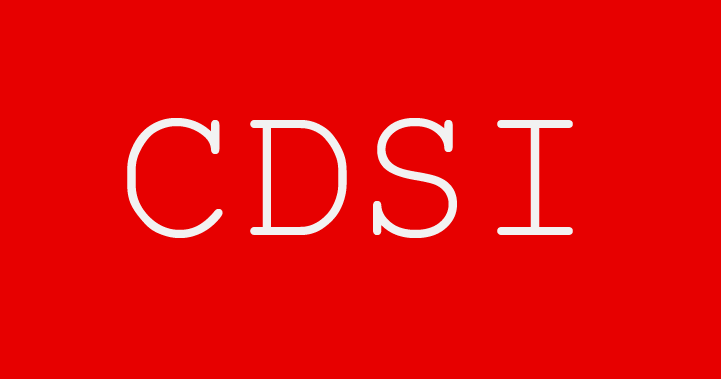Our Tech, AI and Society Dialogues: Frankenstein - The Modern Prometheus
Date: Thursday, March 20th 2025
Hours: 6:30 PM to 8:00 PM
Location: McGill Downtown Campus, Trottier Building, room 1080. Please refer to maps here.
This event is open to the public.
Register Here
A shared resources site for Anthropos Technicus readings and other resources has been set up on the Discord app at https://discord.gg/huCCw5CR3C. Please join us!!
Series Description
This series will delve into the ethical and societal implications of artificial intelligence (AI) and other emerging technologies that call into question conventional distinctions between human beings and machines. By exploring thought-provoking books and films, we aim to foster engaging discussions and critical thought about the impact of technology on our lives. Each session will focus on a specific work, using it as a springboard to discuss contemporary issues and concerns.
Session 2: Frankenstein - The Modern Prometheus
Overview: Mary Shelley's groundbreaking novel Frankenstein (1818, 1831) serves as a timeless parable for the ethical dilemmas surrounding unchecked scientific ambition and technological advancement. Join us as we explore the novel's themes of creation, responsibility, and the consequences of “playing God.” We'll discuss the novel's relevance to contemporary issues such as AI, cloning, and the ethics of emerging technologies.
Following our first session on Frankenstein, we’ll take our cue from Shelley’s philosophically-informed description of how the Monster learns to read and speak (volume II, chapters III to VII). Arguably, the Monster learns in ways that parallel how AI learns. In this respect, the novel looks forward to contemporary debates about what constitutes “intelligence”—human, artificial, or otherwise—and concerns about the possibility of machines becoming more intelligent than their creators (the so-called “technological singularlty”).
Discussion Points
- What counts as “intelligence”?
- How does the Monster learn, and how does this model of learning compare to how AI learns?
- How does the Monster’s intelligence compare with Victor’s?
- What is the technological singularity?
- What are the ethical implications of the emerging field of “organoid intelligence” and the production of brain organoids?
Recommended Reading:
- Frankenstein, 1818 edition, by Mary Shelley
Online version from Project Gutenberg, or get a paper copy from your favorite store - Organoid intelligence (OI): the new frontier in biocomputing and intelligence-in-a-dish
- Organoid intelligence: training lab-grown mini-brains to learn and compute with AI
- Brain organoids, consciousness, ethics and moral status
- Mapping the Ethical Issues of Brain Organoid Research and Application
- Cerebral Organoids and Biological Hybrids as New Entities in the Moral Landscape
This session is open to all, and no prior knowledge of the novel is required!
Our Dialecticians:
Inaugural director of the McGill Writing Centre and former SCS Associate Dean, Academic and Faculty Affairs, Sue is a Frankenstein devotee. Her interest in Frankenstein began when she first watched her now longstanding favourite film Blade Runner upon its release in 1982. A lecturer for many years in McGill’s Department of English, Sue has guided hundreds of students through Frankenstein’s philosophical complexities and its afterlife in popular culture, with emphasis on the metaphysical and ethical status of the Monster and its technological descendants.
Business Strategist and AI/ML/Analytics Expert. Faculty Lecturer @ the McGill School of Continuing Studies, focused on adult learners who want to upskill, guiding learners on their journey to become AI-savvy change-makers. Nabil is engaged in leadership, strategy and organizational development through events, training, and his service with non-for-profit organizations. He is an Ambassador for TechAide which supports Centraide of Greater Montreal and the president of Le centre culturel syrien.
This event is a collaboration between the McGill School of Continuing Studies, the McGill Computational and Data Systems Initiative and the McGill Collaborative for AI & Society.
